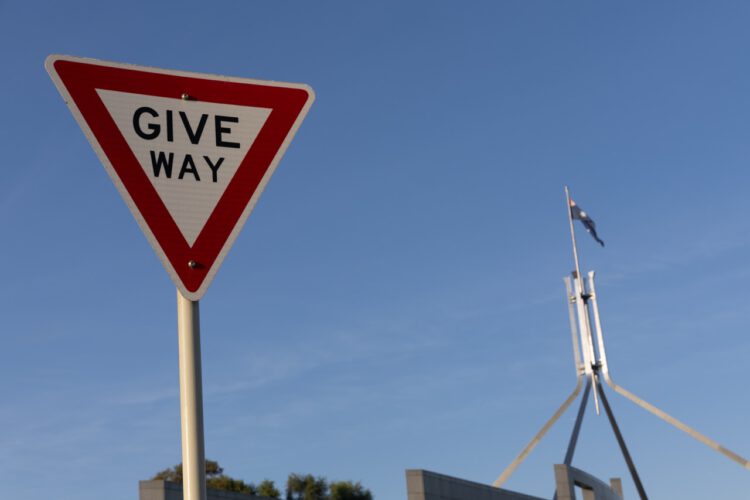AAP has an update on the Antoinette Lattouf case:
The former supervisor of a fill-in ABC radio host did not see anything wrong with an anti-Israel social media post that led to the presenter’s dismissal, adding that decision was made due to pressure from higher up.
Antoinette Lattouf was recruited to host the Mornings show on ABC Radio Sydney for five days from Monday to Friday in December 2023
However, the 41-year-old was let go following three days on air after sharing an Instagram post by Human Rights Watch saying Israel used starvation as a “weapon of war” in Gaza.
Her direct supervisor Elizabeth Green, now executive producer of ABC Radio’s Sydney Drive show, took the witness box in Lattouf’s unlawful dismissal case in the Federal Court on Wednesday.
She said she learned from former head of capital city networks Steve Ahern during a meeting on December 20 that Lattouf would not be required for her final two shifts because of the Human Rights Watch post.
“You also expressed the view that you did not see anything wrong with Ms Lattouf’s post?” asked the journalist’s barrister Philip Boncardo.
“I did say that,” Ms Green replied.
After Lattouf was let go, Ms Green said she had a private conversation with the crying journalist in an ABC boardroom.
She told Lattouf she tried hard to stop her being dismissed but believed the call had been made from “higher up”.
“I said there was pressure for her to be removed from the Monday,” Ms Green told the court.
“I understood it had been referred up because she asked if it was (Mr Ahern’s) decision.”
Ms Green heard from Mr Ahern that the decision had been made from the office of now outgoing ABC managing director David Anderson.
One of the key issues in the case is who made the decision to dismiss Lattouf, with fingers being pointed at both Mr Anderson and then-ABC content chief Chris Oliver-Taylor.
Lattouf alleges she was fired because of her political opinion and race after the ABC bowed to pressure from pro-Israeli lobbyists co-ordinating a campaign of complaints.
She is seeking compensation and penalties against the broadcaster.
In its defence, the ABC says that Lattouf was taken off air because she breached a direction not to post anything in the Israel-Gaza conflict during her five-day employment.
Ms Green said she had told the freelance journalist about the complaints during a phone call on December 18.
She said she explicitly told Lattouf it would be best if she refrained from posting on anything relating to Israel or Palestine while she was working for the ABC.
However, she also agreed the 41-year-old could post on topics which were fact-based or from verified sources or reputable organisations.
The hearing continues.

Loading form…